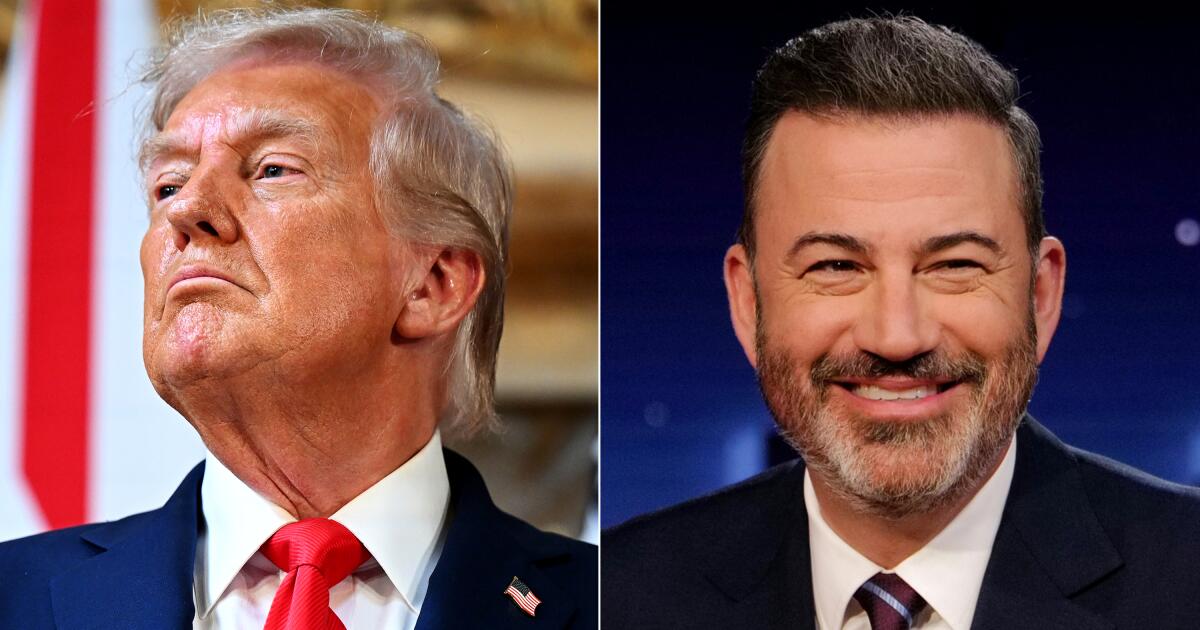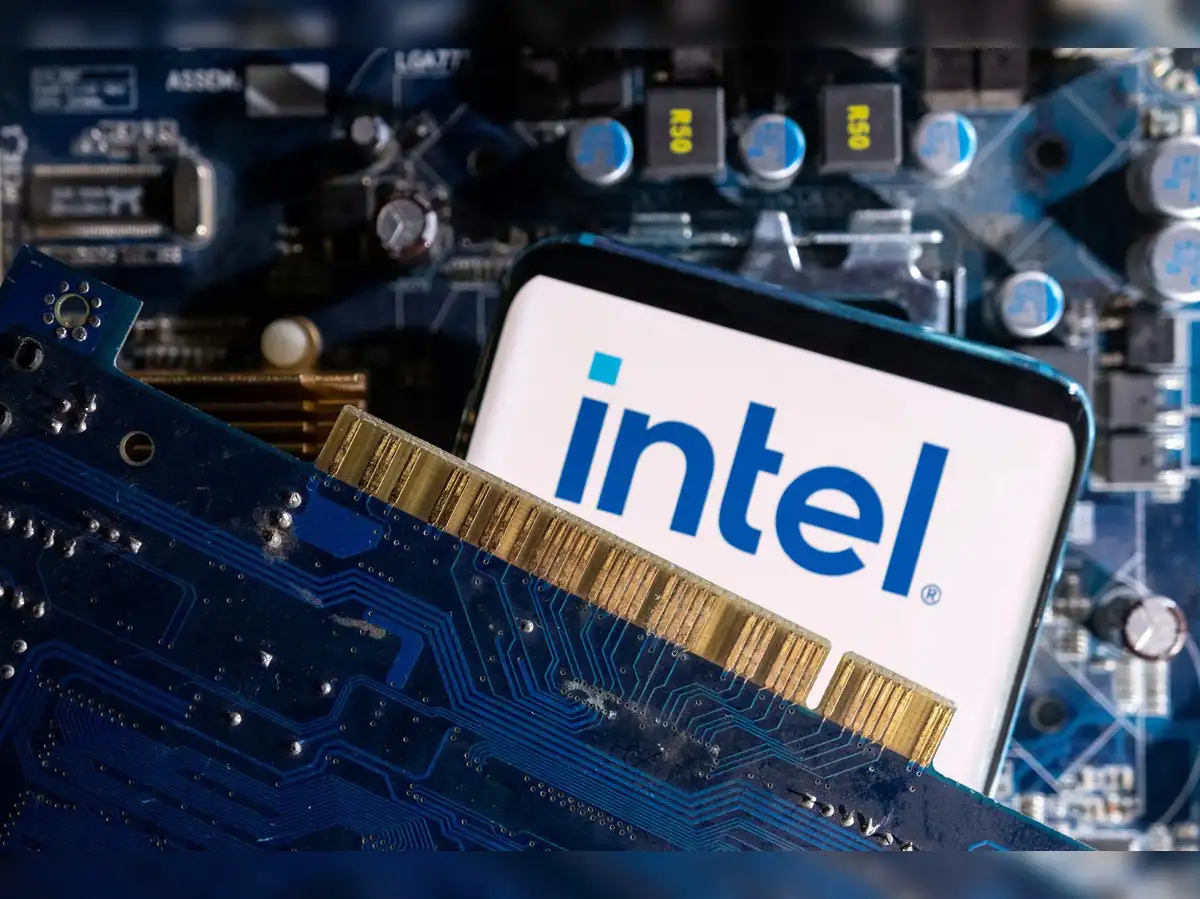
The recent suspension of “Jimmy Kimmel Live!” is an attack on democracy. Though not necessarily the democracy one might think.
Free speech is protected by the 1st Amendment. This grants the late-night host the freedom to say whatever he thinks without fear of arrest or state-sanctioned violence. It does not necessarily guarantee that he will not be censured, or fired, if his remarks violate his employer’s rules or standards.
President Trump discovered this in 2015 when, citing inflammatory remarks the then-presidential candidate made about undocumented Mexican immigrants, NBC — the network that aired “The Apprentice” and Trump’s Miss Universe pageant — cut ties with him.
This is the most obvious explanation for Trump declaring war on television, despite it being the industry that, via “The Apprentice” and a deluge of coverage during his first presidential campaign, helped propel him to the presidency. Paybacks are a b— and this particular president thrives on them.
And it is definitely war. Trump has a long history of attacking various TV networks and personalities, including Kimmel. The regularity, name-checking and vitriol of these attacks far outstrip the anger many presidents have expressed toward the media, but they are in keeping with Trump’s general brand of “whataboutism” and victimization.
A brand that last year a majority of voters decided, in a free and fair election, represented their best interests.
What they did not vote for, because it was not part of Trump’s platform or promises, was the weaponization of his office in general, and the FCC in particular, to destroy the democracy of broadcast television.
First by a spurious suit against “60 Minutes,” which many believe was settled to allow the sale of Paramount Global to Skydance Media to go forward, then with CBS (owned by Paramount) canceling “The Late Show With Stephen Colbert” and now with the suspension of “Jimmy Kimmel Live!”
Television is an industry that relies on a continual public voting system — people watch or they don’t watch, and the networks renew, cancel and tweak their programming accordingly. This is an oversimplification of a byzantine and often mysterious system that often involves the personal preferences of network executives and, increasingly, algorithms, but essentially the viewers are in charge — with their eyeballs and, occasionally, their outrage.
If, as the president claims, “Jimmy Kimmel Live!” had been canceled due to its low ratings or suspended after Kimmel’s recent remarks caused longtime viewers to inundate ABC or the show’s sponsors with messages of outrage, fans would have been upset, but it would have been a mere blip in the news cycle.
But that is not what happened. Instead, a handful of conservative pundits who have made it their business to punish anyone who mentions slain influencer Charlie Kirk with anything but near-sanctification used a few ill-chosen but innocuous lines regarding the crime in Kimmel’s opening monologue Monday to call for swift and terrible retribution.
FCC Chairman Brendan Carr answered the call. On the podcast “The Benny Show,” hosted by right-wing political commentator Benny Johnson, he threatened television affiliates with regulatory action if they did not take action against Kimmel.
He did so knowing that Nexstar, which owns many of those affiliates, was attempting to buy Tegna, in order to gain control of over 80% of U.S. television stations. That merger would require not just FCC approval but Carr’s willingness to eliminate the rule that prevents any media company from owning more than 39% of television stations.
Nexstar appeared to do precisely what Carr demanded of them. As did ABC/Disney, which decided that the loss of revenue from these affiliates, and the animosity of Trump and his supporters, posed a bigger threat than the potential fallout from pulling “Jimmy Kimmel Live!” off the air. (And good luck getting the four-time Oscars host to emcee this ceremony again in the future.)
Perhaps it did. But given that “seize the media” and “silence comedians” are historical hallmarks of totalitarianism, the resulting three-day-and-counting news cycle, in which Carr, Trump and Disney Chief Executive Bob Iger have been regularly accused of dismantling democracy, has given anti-MAGA forces a new and legitimate rallying cry.
All while pushing broadcast television just a bit closer to the edge of extinction.
Nexstar denied that it benched Kimmel due to pressure from Carr.
“The decision to preempt ‘Jimmy Kimmel Live!’ was made unilaterally by the senior executive team at Nexstar, and they had no communication with the FCC or any government agency prior to making that decision,” Gary Weitman, Nexstar’s chief communications officer, said in a statement.
Trump’s obsession with broadcast networks and late-night hosts is perilous, and not just because it underlines his desire to attack culture with every means at his disposal (including those that may not be legal).
Certainly, it exposes his authoritarian bent, but it also reveals his anachronistic view of the world.
First, in these divisive times, having critics allows your supporters to coalesce around hating them. And second, broadcast television, including and especially late night, has been in its death throes for more than a decade.
As alarming, unacceptable and authoritarian as the attacks on “60 Minutes,” Colbert and Kimmel are, media freedom is not going to die on this particular hill for the simple reason that it is no longer the free media’s main residence.
Carr ordered his hit on Kimmel not from the comforts of “Fox & Friends” but on a podcast. Trump still delivers televised speeches, but most of his communications and policy decisions are delivered via social media.
The tsunami of corporate mergers involving television networks and streaming services have occurred not because these things are profitable tools of power but because, at least separately, they are not. YouTube is the most popular media platform in the country.
As Trump points out, Kimmel’s television ratings are very low — less than 2 million on average. Kimmel himself has said that he and other late-night shows get far more viewers from clips on social media than on television. If he and Colbert decide to take their voices straight to social media, well, good luck controlling that.
There is certainly much to fear in Trump’s brazen attacks on venerable institutions like “60 Minutes” and late-night television (though with conservatives like Ted Cruz and Tucker Carlson siding, at least in principle, with Kimmel, things may not be going quite the way Carr or Trump planned), but as Kirk knew, one doesn’t need a television show to be an effective, influential voice.
Seen from one angle, Trump is most certainly attempting to quash what we have come to know as democracy. But from another, it’s a grudge-holding president kicking the industry that helped him achieve power when it’s already struggling for breath.



